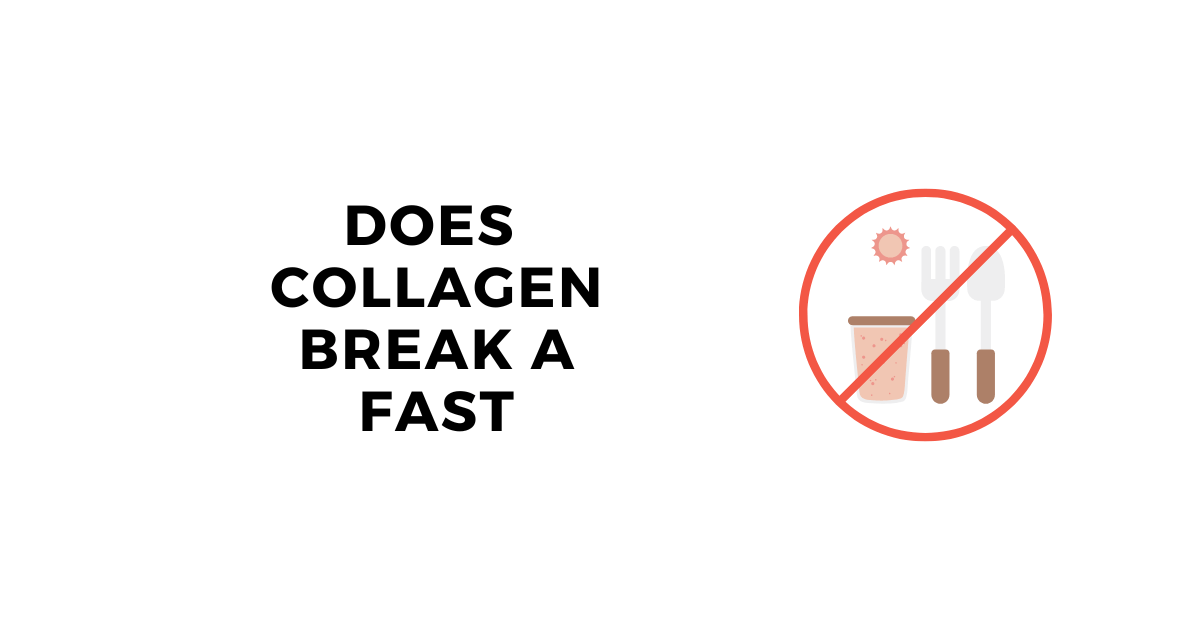
Does Collagen Break a Fast? Truth About Collagen and Intermittent Fasting
Does Collagen Break a Fast
Are you intrigued by the idea of intermittent fasting, but wondering to yourself, does collagen break a fast? You're not alone! The world of fasting and supplements can be overwhelming.
Collagen has lots of benefits for your health, so you’ll want to see how it fits into your fasting journey.
I explored the science behind fasting and collagen consumption to reveal the potential benefits of incorporating it into your fasting regimen.
From preserving muscle mass and promoting satiety to supporting skin elasticity and joint health, the benefits of collagen during fasting might surprise you.
Before we dive in, I'll mention that if you're looking for collagen, the type I always recommend is a delicious chicken bone broth from the brand Bluebird Provisions. That one has 10 grams of collagen per cup along with electrolytes to keep you from getting dehydrated when you're fasting.
With that out of the way, let's get into it.
Does collagen powder break a fast?
Yes, collagen does break a fast, as it contains calories and amino acids that can trigger a metabolic response in the body. However, when used strategically, collagen can be an ideal addition between fasting periods in a modified fasting lifestyle.
During fasting, the goal is to refrain from consuming any significant calories or foods that may disrupt the fasting state. Collagen supplements or collagen-rich foods have protein and, therefore, calories, which can break the fast.
However you can use a modified fasting routine, where you customize your fasting schedules to suit your personal needs. This is where collagen can be beneficial during your eating window.

Using collagen between fasting periods allows you to enjoy the numerous benefits of collagen without interrupting the fasting process.
And why would you want to use it?
Collagen provides essential amino acids, like glycine, proline, and hydroxyproline, which support muscle preservation, skin health, joint function, and overall well-being. When used strategically during the eating window, collagen can promote satiety, provide sustained energy and help you meet your protein needs.
Quick disclaimer about protein, you don't want to rely on collagen as your sole protein source because it does not have a complete amino acid profile.
To enjoy the advantages of collagen without breaking the fast, include collagen-rich foods or supplements in your eating window, ensuring that they fit within your dietary and fasting goals.
Intermittent Fasting Primer
One of the key concerns during intermittent fasting is the potential loss of muscle mass due to reduced calorie intake.
Collagen has specific amino acids that support muscle preservation, helping your maintain your lean muscle mass even during fasting periods. A study published in the British Journal of Nutrition found that collagen peptide supplementation improved muscle strength and body composition (1).
Collagen is known to promote a feeling of fullness and satiety. This can be particularly valuable after fasting windows when you’re experiencing hunger or food cravings but your belly isn’t quite ready for a heavy meal.
I find that bone broth is the perfect way to start breaking a fast for the same reason that it’s so great during pregnancy: it’s satisfying but easy to drink and digest.
The amino acids in protein are perfect for nourishing your digestive system between fasting periods. Why? Collagen is a fundamental component of cartilage, ligaments and tendons, supporting joint health.
Also, glycine and glutamine, which are found in collagen, can promote gut health and the integrity of the gut lining.
This helps ensure that your gut recovers from any damage caused by acid while your stomach was empty.
Will Collagen Break a Fast?
Collagen can potentially break a fast, depending on how you use it. Collagen supplements or products often contain calories and may trigger a metabolic response in the body, which will break the fasting state.
Therefore, if you are following a strict fasting regimen, it's essential to be mindful of the collagen products you consume during the fasting window.
To stay in a fasted state, it's best to opt for zero-calorie options like plain water, black coffee or unsweetened tea. However, if you wish to include collagen in your diet and maintain a fasting state, consider using collagen peptides that have minimal calories and a low likelihood of breaking your fast.

Why does collagen break a fast?
Collagen breaks a fast because it has calories and amino acids, which can trigger metabolic processes that disrupt the fasting state.
During fasting, the primary goal is to avoid consuming any significant sources of calories, sugars, or proteins that would prompt the body to initiate digestion and metabolic activities associated with fed states.
If you consume collagen, especially in significant amounts, your body recognizes the presence of these amino acids as nutrients to be metabolized, which can lead to a rise in insulin levels and the activation of certain digestive processes.
Insulin is a hormone that helps regulate blood sugar levels and is released in response to the consumption of carbohydrates and proteins.
When insulin levels rise, our bodies shift from a fasting state, where it primarily relies on stored fats for energy, to a fed state, where it starts utilizing glucose from food for energy.
When this happens, we interrupt the physiological benefits associated with fasting, such as autophagy (cellular repair) and ketosis (utilization of stored fats for energy).
While collagen can be a valuable supplement for various health benefits, you are best to consume it during your eating window to avoid breaking the fast and ensure that you experience the full advantages of intermittent fasting.
|
Time Period |
What Happens to the Body During a 48 Hour Fast |
|
0-12 hours |
Your body continues to operate using stored food energy. This includes glucose, which has been stored in your liver and muscles as glycogen. Your blood sugar levels might start decreasing. |
|
12-16 hours |
Your body enters a state of 'fasting' as you've used up the glucose stores. Your body begins to switch its main energy source from glucose to stored fat and starts burning fat for energy. This process is called ketosis and might aid in weight loss and support healthy brain function. |
|
16-24 hours |
In this phase, your body is increasingly relying on ketones for energy. The metabolism of fat releases glycerol, a substance that your liver can convert into glucose if necessary. However, overall, your blood sugar levels and insulin continue to drop, enhancing insulin sensitivity and reducing the risk of chronic conditions like diabetes and heart disease. |
|
24-36 hours |
By now, the body is functioning fully in ketosis. Cells are being rejuvenated and repairing themselves in a process called autophagy . This process removes waste materials from cells and may protect against several diseases, including cancer and Alzheimer's disease. Growth Hormone levels may also increase, promoting muscle growth and fat loss. |
|
36-48 hours |
In the final phase of a 48-hour fast, the body continues its healing and protective processes. Autophagy keeps going, further enhancing cell regeneration. Energy levels might start to dwindle, but your body is still utilizing ketones and stored fat for energy. It's essential to listen to your body's signals and end the fast if you feel unwell. |
What Happens to Your Body When You Fast
When you stop eating, your insulin levels decrease. This allows your body to shift from using glucose as the primary energy source to accessing stored fats for energy.
Extended fasting or intermittent fasting can lead to a state called ketosis. In this state, your body produces ketones from fat breakdown, which can be used as an alternative energy source, particularly for the brain.
Fasting triggers a process called autophagy, where cells remove damaged components and recycle them. Autophagy is believed to play a role in cellular repair and longevity.

A study published in Nutrition in 2020 found that intermittent fasting reduced C-reactive protein (CRP) concentrations, a marker for inflammation (2). This shows that fasting may indeed cause the body to repair itself and reduce inflammation.
During fasting, the secretion of growth hormone often increases almost paradoxically. I don't know about you but I was shocked when I learned this.
This hormone helps preserve muscle mass and supports fat metabolism. Fasting promotes cellular repair mechanisms and may help the body clear out malfunctioning or damaged cells.
Here are a few other fun facts about fasting:
- It can improve blood sugar levels and insulin sensitivity, supporting overall metabolic health.
- It has benefits for the heart, reducing the likelihood of healthy people developing atherosclerosis according to a study published in the Journal of Atherosclerosis and Thrombosis in 2017 (3).
Does Collagen Protein Affect Autophagy
If you consume collagen protein during fasting, it is possible that the small amount of amino acids in collagen may minimally affect autophagy. However, consuming collagen between fasts may improve autophagy by getting your body ready for the stress of fasting.
For autophagy to occur, your body usually needs to be in a fasting or nutrient-deprived state. During fasting or calorie restriction, when the body is not receiving enough amino acids and glucose from dietary sources, autophagy is more likely to be activated.
Since collagen has protein and thus, calories, it can affect autophagy.
Is collagen safe to use with intermittent fasting?
Yes, collagen is safe and useful as part of an intermittent fasting lifestyle because it provides your body with gut healing amino acids and nothing else.
It can be easily incorporated into various foods and beverages, such as smoothies, coffee or healthy soups, making it a versatile option to complement your regular meals.
Protein-rich foods like collagen can help promote a feeling of fullness and satiety, making it easier to adhere to your fasting schedule and avoid unnecessary snacking during fasting periods.
Consuming collagen between fasting periods ensures you receive essential nutrients, especially amino acids like glycine, proline and glutamine, which support give you glowing skin, reduces bloating and supports your joints.
Modified Fast Using Collagen
In a modified fast, collagen can be strategically used to break your fast and prepare for fasting periods. When your fasting window ends, I recommend breaking your fast with a collagen-rich meal or snack.
I love bone broth for this time, but collagen peptides or collagen supplements can also be easily mixed into various beverages or foods like smoothies, coffee or yogurt. This gives you essential nutrients and protein to kickstart your eating window.
Collagen provides a source of protein and amino acids that offer sustained energy throughout your eating window. It can be particularly beneficial to start your eating window with collagen, as it helps stabilize blood sugar levels and prevent sudden spikes or crashes.
Consuming collagen during the first meal of your eating window can help promote a feeling of fullness and satiety. This can be advantageous if you’re prone to overeating during your eating window.
How to use Collagen for Fasting
Here’s how to use collagen in a modified or intermittent fasting lifestyle:
- Breaking the Fast: When your fasting window ends, start with a small amount of bone broth or a collagen-rich meal or snack to ease your digestive system back into eating. Bone broth can be an excellent choice to break the fast, as it provides electrolytes like potassium and magnesium without overwhelming your stomach.
- Hydration and Replenishment: Start by drinking a warm cup of bone broth or collagen-infused water to rehydrate your body and replenish electrolytes. This helps jumpstart your metabolism and prepares your body to receive nutrients during the eating window.
- Slow and Balanced Eating: During your eating window, get some delicious collagen-rich foods to ensure a balanced intake of essential amino acids. Take your time while eating to allow your body to properly digest and absorb the nutrients.
- Nourishing Smoothies: Consider blending bone broth or collagen peptides into nutrient-rich smoothies with fruits, vegetables and healthy fats. This can help provide a wholesome meal that supports your body's needs after fasting.
- Protein-Packed Snacks: As you progress through your eating window, enjoy snacks like collagen protein bars or homemade energy balls. These snacks can help sustain energy levels and satisfy hunger while supporting muscle preservation.
- Preparation for the Next Fast: Towards the end of your eating window, consider 10 grams of collagen powder to ensure you meet your protein needs. This prepares your body for the fasting period ahead by providing amino acids and supporting muscle health.
How much collagen should you take during intermittent fasting?
The optimal amount of collagen to take during intermittent fasting varies based on individual needs, goals and the specific product you're using. In most cases, a typical serving size is around 10 to 20 grams per day.
This amount is usually sufficient to support joint health, skin elasticity and reducing bloating or indigestion. During intermittent fasting, it's best to spread this collagen intake throughout your eating window rather than consuming it all at once.
Since collagen is a protein source and protein intake should be part of your overall meal plan, consider including it in one of your meals or snacks during the eating window. Collagen is present in all kinds of foods, from chicken wings to jello, so you have plenty of foods to choose from.
If you do want to get it in powder form, read my guide to finding the best collagen peptides powder.
Example of Collagen Intake Throughout an Intermittent Fasting Lifestyle
Right After the Fast:
- Take 10 grams (about 1 scoop) of collagen peptides or 1 cup of bone broth immediately after breaking the fast.
- Mix collagen peptides into a glass of water or unsweetened herbal tea or enjoy warm bone broth to rehydrate and nourish the body.
During the Eating Period:
- Consume an additional 10-20 grams (1-2 scoops) of collagen peptides or have another serving of bone broth during the eating window.
- Incorporate collagen into a protein-packed smoothie with fruits, leafy greens and a healthy fat source like avocado or nut butter.
Before the Next Fast:
- Aim for another 10-20 grams (1-2 scoops) of collagen peptides or another cup of bone broth as you approach the end of the eating window.
Benefits of Collagen for Fasting
The health benefits of collagen for fasting include protein, it is low calorie (20-30), it helps you feel full and helps you retain muscle. Let's go through each of these in more detail.
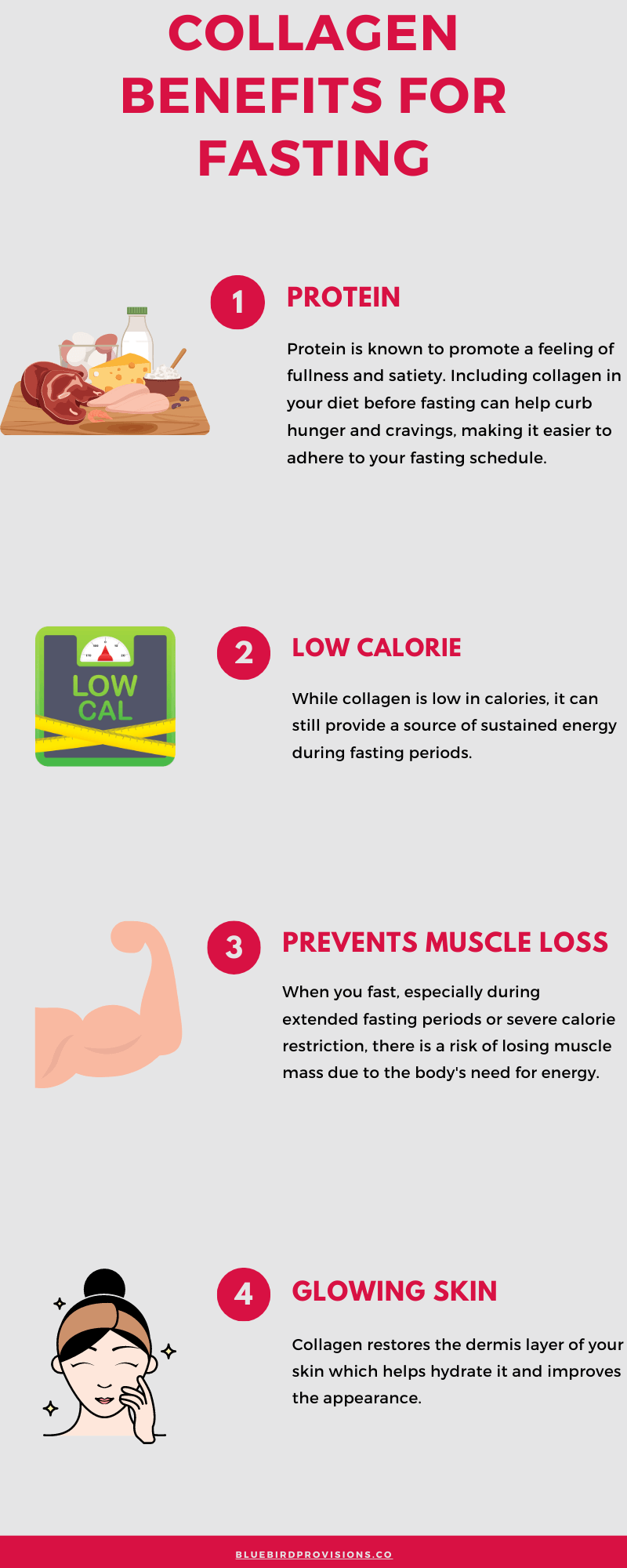
Protein
During fasting, there is a risk of losing muscle mass due to reduced calorie intake and limited protein consumption. Collagen has amino acids like glycine, proline and hydroxyproline, which help you feel fuller, longer.
Protein is known to promote a feeling of fullness and satiety. Including collagen in your diet before fasting can help curb hunger and cravings, making it easier to adhere to your fasting schedule.
Low Calorie Snack
Collagen is relatively low in calories compared to other protein sources, making it an ideal meal if you’re trying to lose weight. Since collagen is depleted during fasting according to a study published in the Journal of Biological Chemistry in 1984 (4), replacing it soon after fasting is over is a good idea.
While collagen is low in calories, it can still provide a source of sustained energy during fasting periods. Its amino acid profile supports various metabolic processes, helping you feel energized and focused throughout the fasting window.
Collagen is not only low in calories but also nutrient-dense in terms of protein and calcium.
It can Keep You From Losing Muscle
Another notable benefit of collagen for fasting is its potential to help prevent muscle loss. When you fast, especially during extended fasting periods or severe calorie restriction, there is a risk of losing muscle mass due to the body's need for energy. We think about this in big muscles, but it can also contribute to sagging skin.
Collagen is the most abundant protein in the human body, essential for building connective tissue and muscle according to the Physiology, Connective Tissue published in StatPearls in 2022 (5).

Here's how collagen can help prevent muscle loss during fasting:
- Satiety and Protein Intake: Consuming collagen during fasting can help satisfy your protein requirements and promote a feeling of fullness, which may reduce the risk of muscle breakdown due to prolonged fasting.
- Supports Metabolism: Adequate protein intake, even during fasting, is essential for maintaining overall metabolic function. Collagen's protein content supports various metabolic processes and helps your body function optimally during fasting.
- Exercise Recovery: For individuals who engage in physical activity while fasting, collagen can aid in post-workout muscle recovery. The amino acids in collagen contribute to tissue repair and recovery after exercise.
Closing Thoughts
While collagen does technically break a fast, it is important to look at the bigger pictures in that it can be used strategically before and after your fast for best results. It can also be used in modified fasts to provide your body with some protein while still getting the benefits of fasting.
If you're looking for a way to add some extra protein to your diet while fasting, before or after, I always recommend getting it from real food like bone broth. My favorite is the chicken bone broth from Bluebird Provisions which you can find on Amazon Prime.
Sources
- https://www.ncbi.nlm.nih.gov/pmc/articles/PMC4594048/
- https://pubmed.ncbi.nlm.nih.gov/32947129/
- https://www.ncbi.nlm.nih.gov/pmc/articles/PMC5429168/
- https://www.jbc.org/article/S0021-9258(18)89215-8/pdf
- https://www.ncbi.nlm.nih.gov/books/NBK542226/
image via Animated biology With arpan.
Disclaimer: this information is for educational purposes only and has not been evaluated by the FDA or CFIA. It is not intended to diagnose, treat, cure, or prevent any disease or healthcare issue. Please consult your primary care physician for advise on any of this.

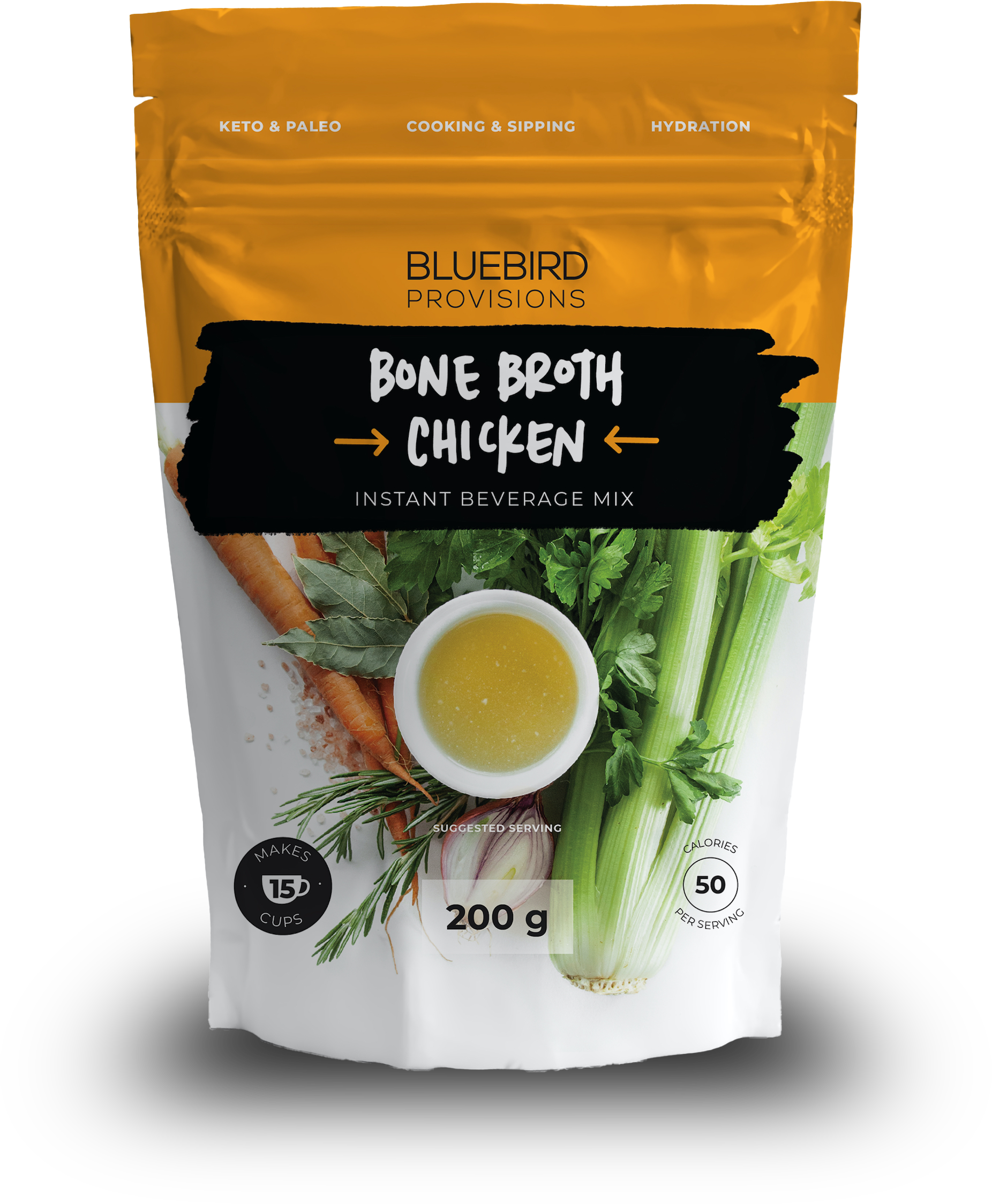
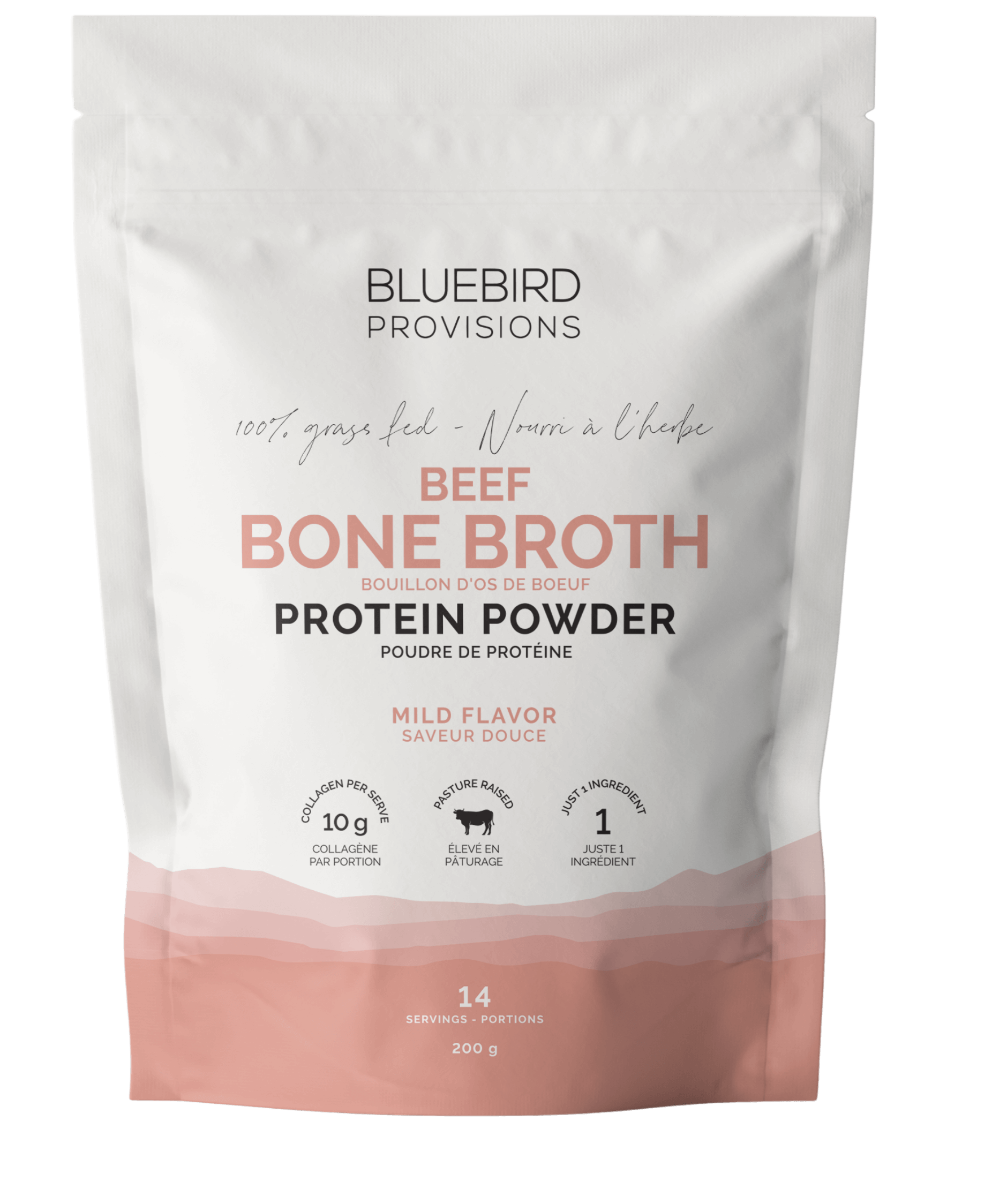
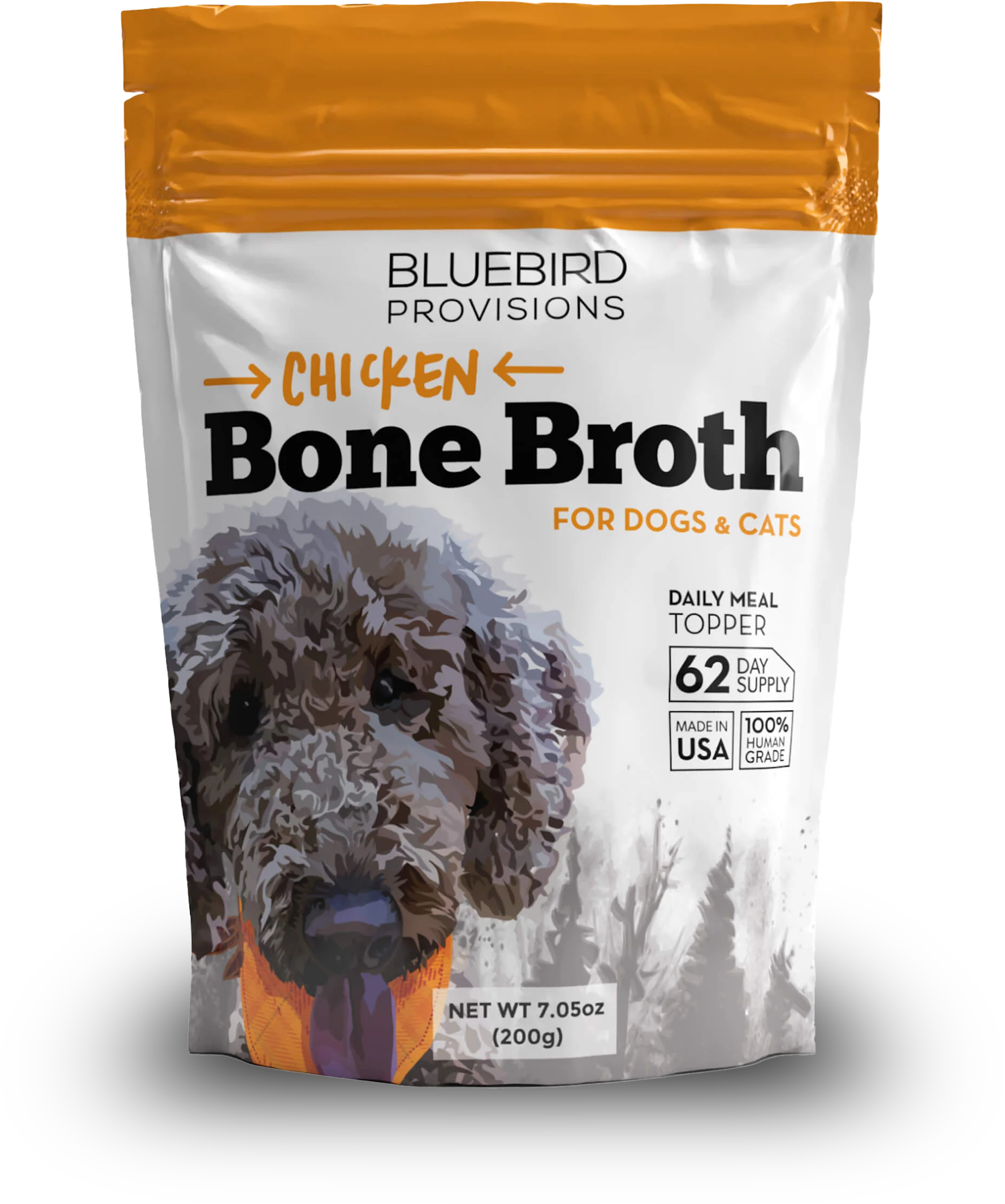
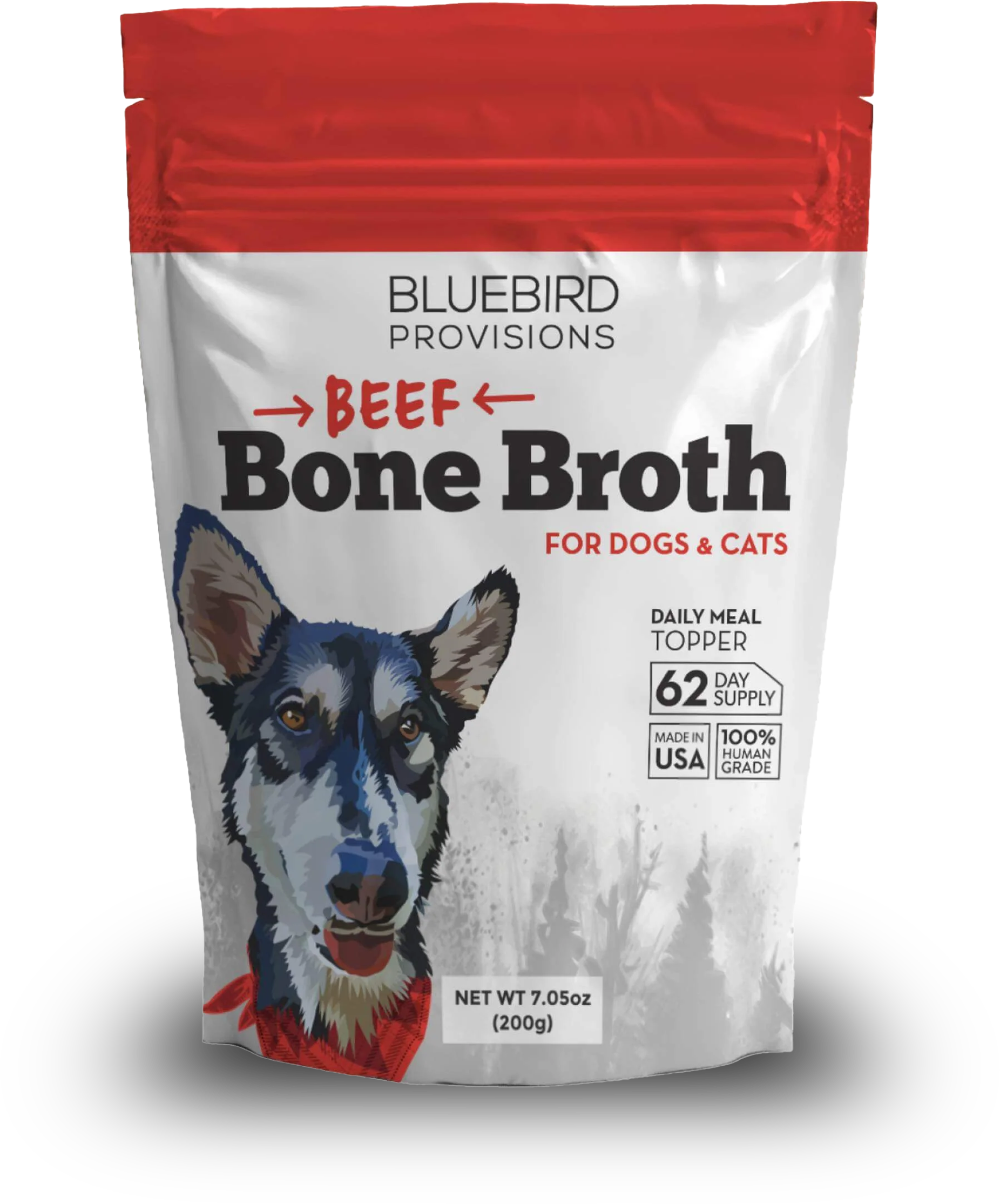

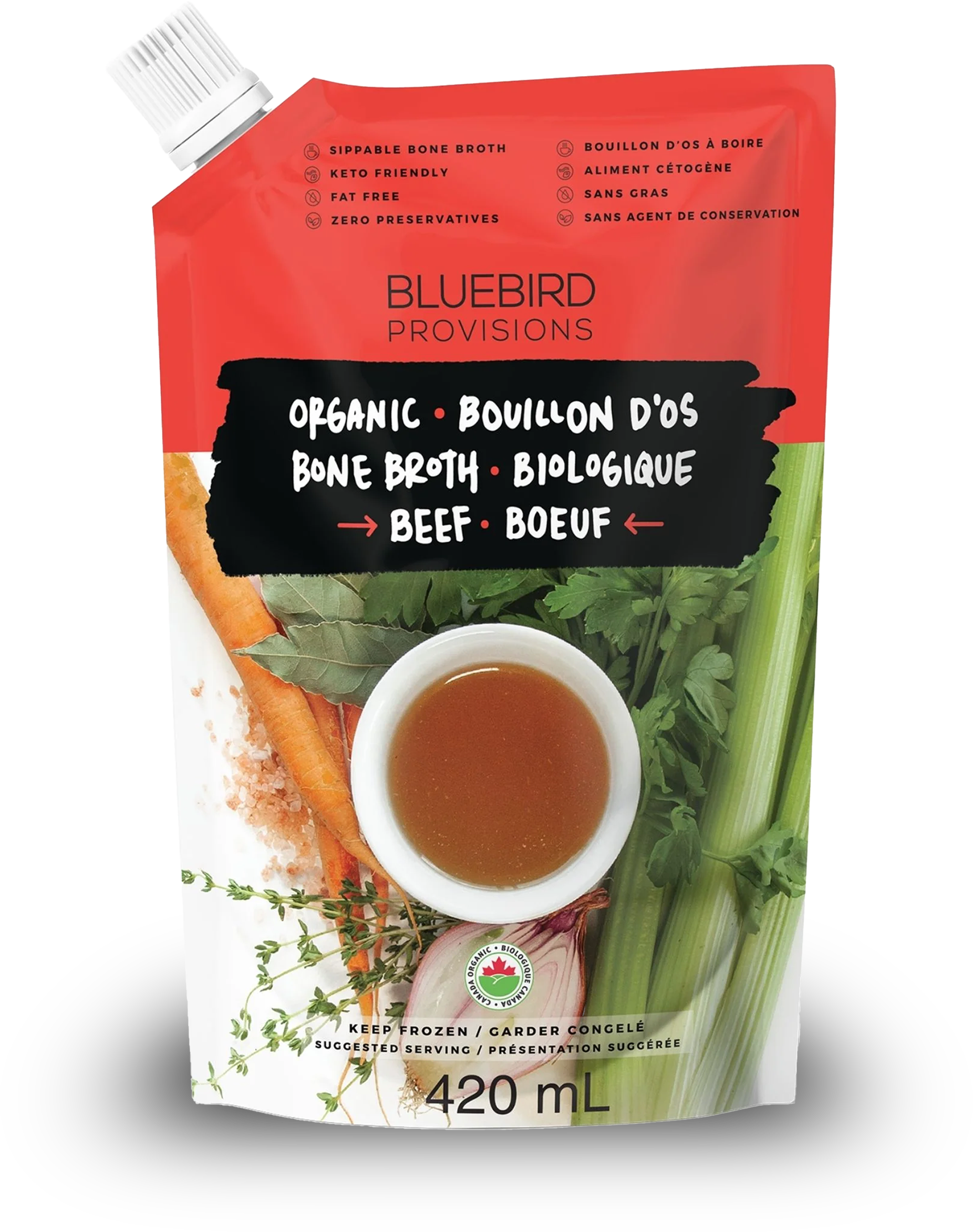
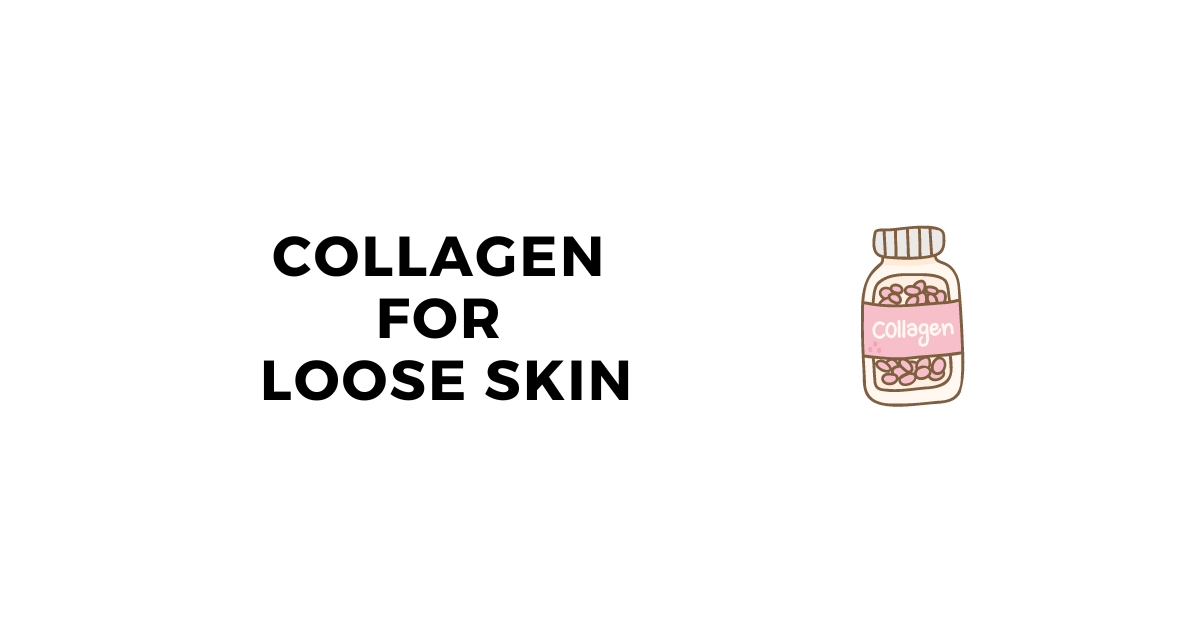

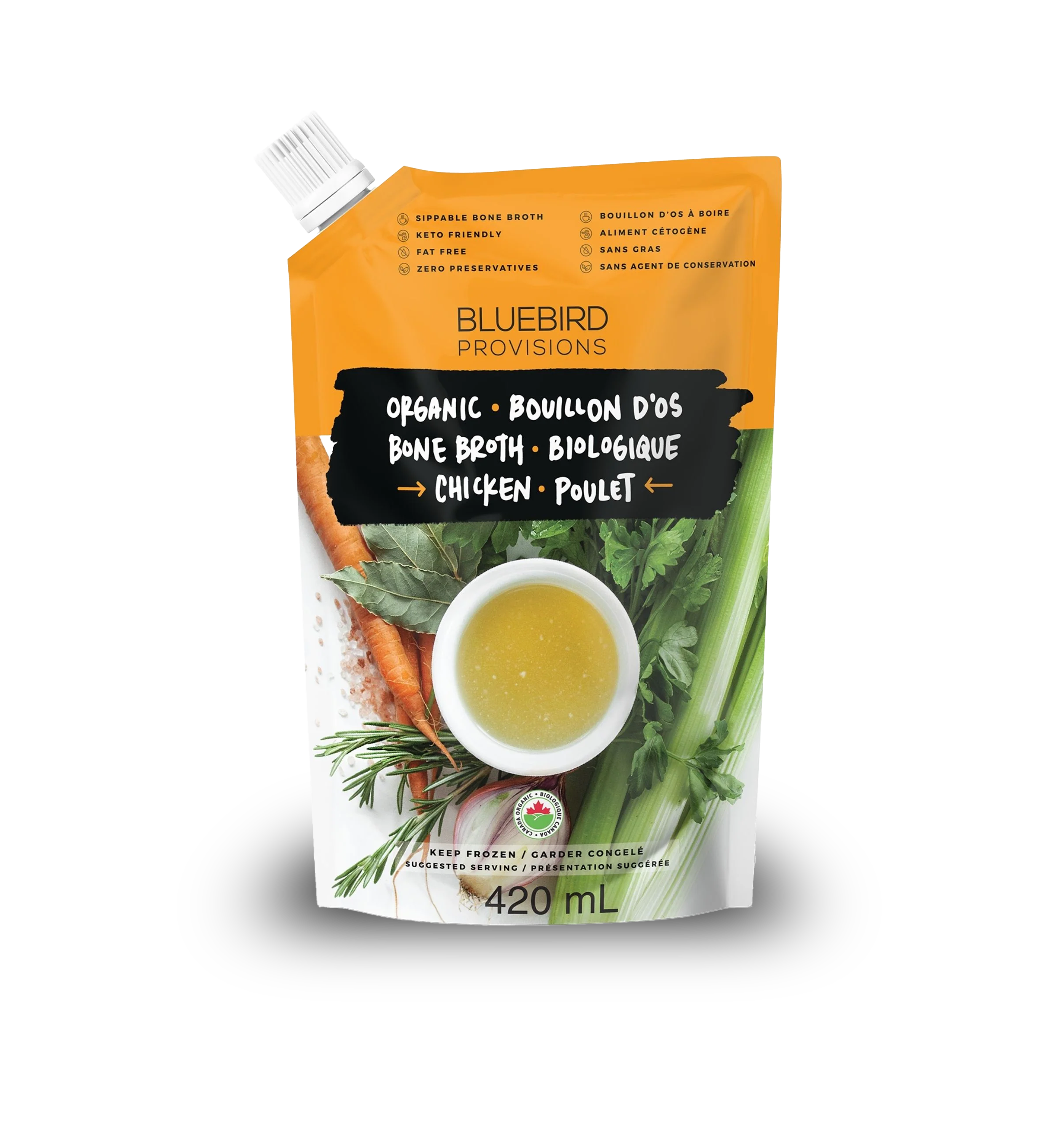
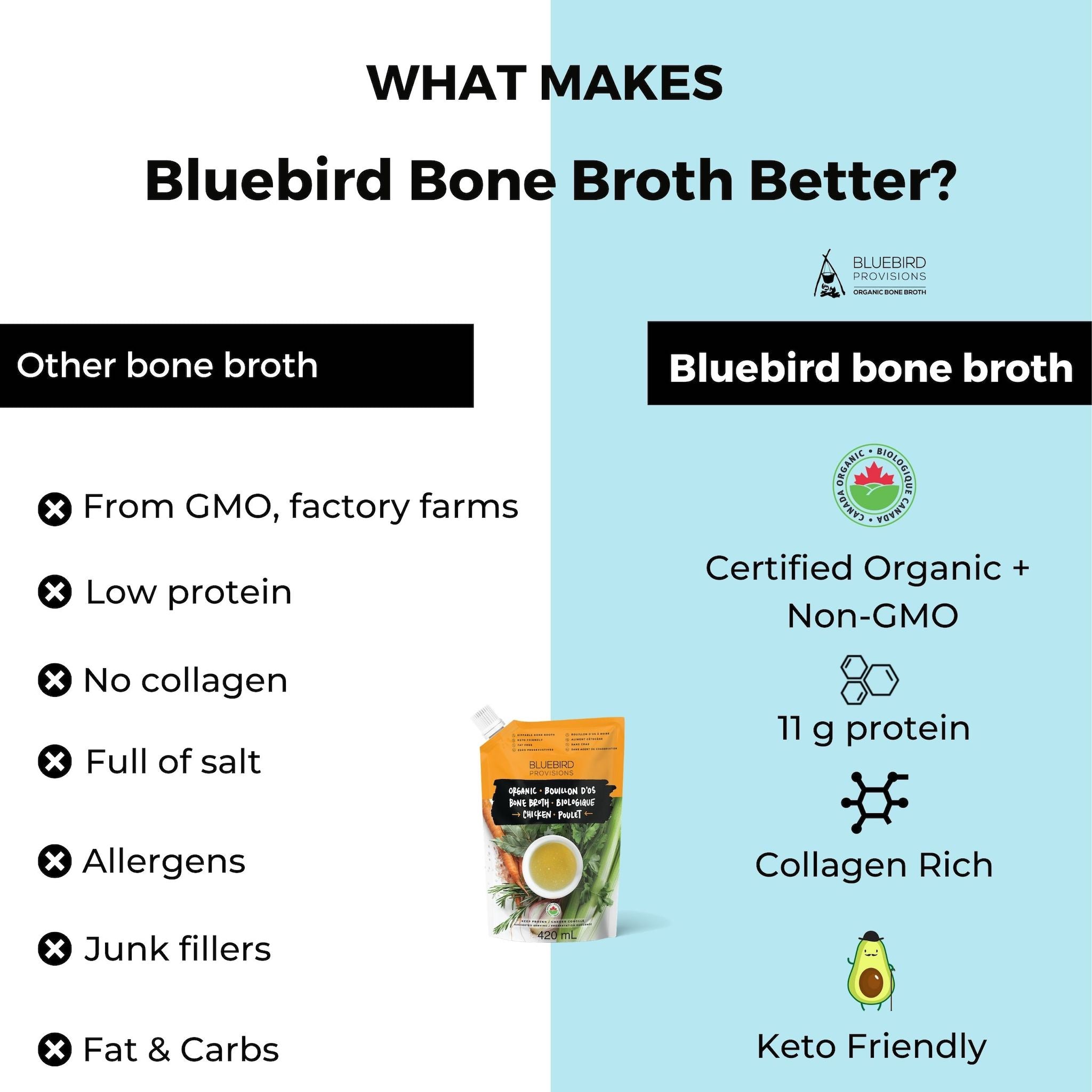
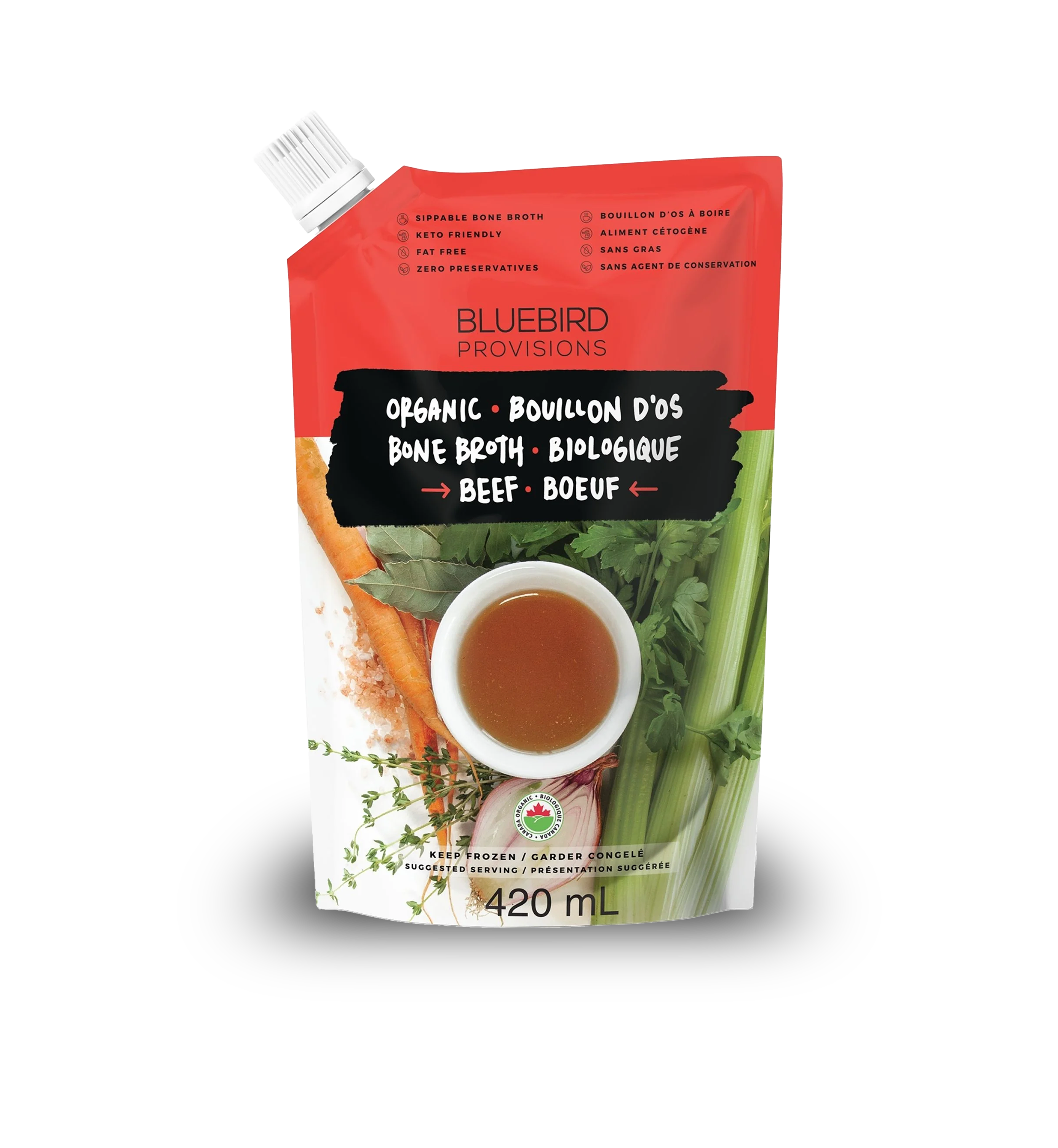
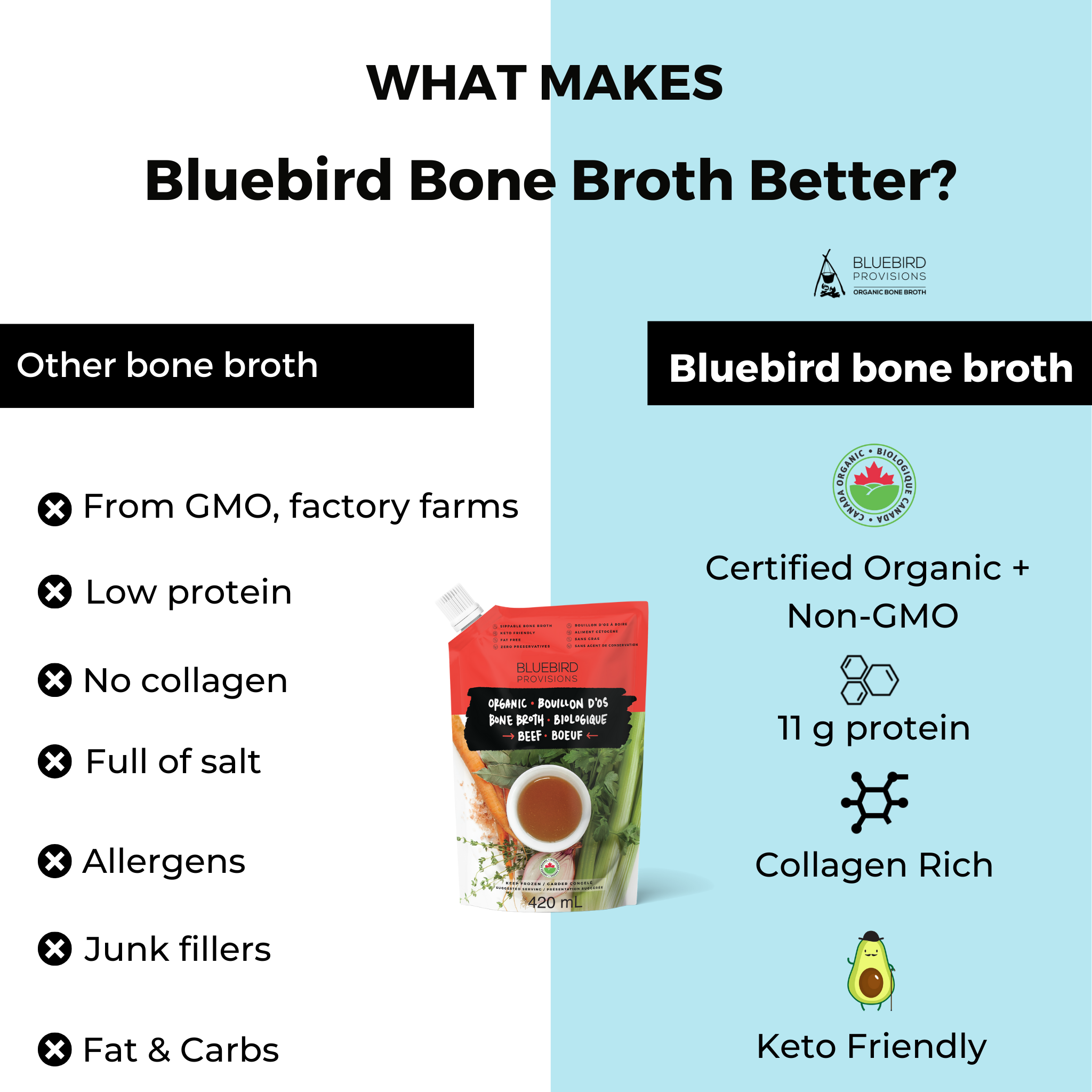
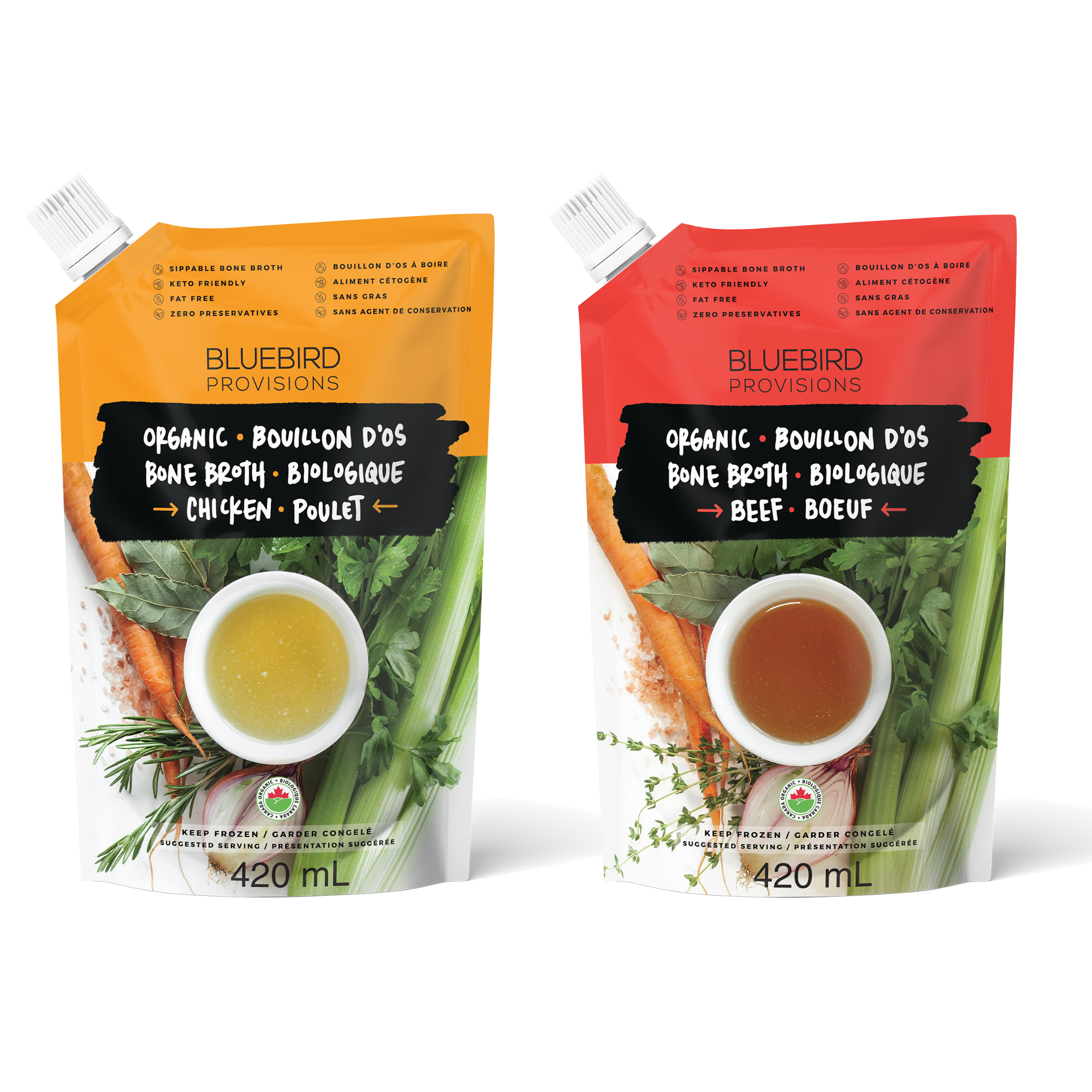

Leave a comment
This site is protected by hCaptcha and the hCaptcha Privacy Policy and Terms of Service apply.